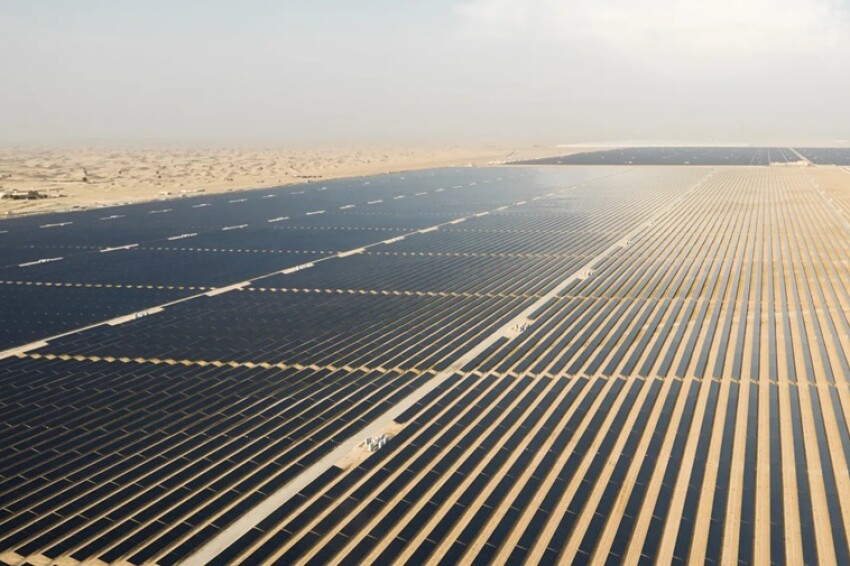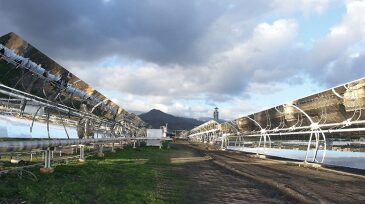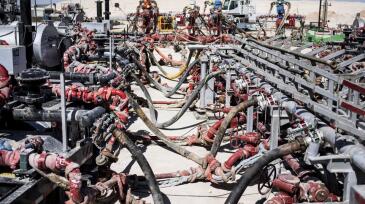Sustainability
The report says the capacity of renewables in the region is set to grow tenfold by 2040 as electricity demand and new sectors drive rapid solar and wind expansion.
This study identifies critical knowledge gaps in wellbore integrity and underscores areas that require further investigation, providing insights into how wellbores must evolve to meet the technical demands of the energy transition.
This study illustrates the new capabilities, tailored for carbon-dioxide storage applications, of a modeling framework that provides a quantitative, risk-based assessment of the long-term integrity of legacy plugged and abandoned wells.
-
In thermal enhanced oil recovery there is one big ingredient: steam. A new startup from Germany believes it has found the oil industry’s cheapest way to make it.
-
IPIECA has partnered with the United Nations Development Programme (UNDP) and the International Finance Corporation to develop a shared understanding of the implications of the UN SDGs for the oil and gas industry and how the industry can most effectively contribute.
-
Independent Project Analysis (IPA) partnered with the sustainability department of a major integrated oil company to study the effect of core sustainability practices on capital project outcomes.
-
Public acceptance is a major challenge for the siting of facilities. The offering of compensation to communities potentially helps to create the perception of a fairer distribution of local risks and nonlocal benefits. This may help to prevent or solve siting controversies.
-
Anadarko Petroleum said late on 30 June that it has tested more than 4,000 active oil and gas lines and plugged another 2,400 inactive ones per a state order issued after a fatal home explosion in Firestone, Colorado, in April.
-
Two months after a Colorado home exploded near an Anadarko well, the reverberations are still rattling the oil industry, driving down driller shares and raising fears of a regulatory backlash.
-
You’ve heard about the earthquakes; the controversial claims of flammable tap water; and the potential contamination of streams, lakes, and drinking water aquifers, but the system that’s supposed to pay for these calamities may itself be a pending disaster.
-
Last year, SPE created a task force to study the topic of climate change and to determine if a public position statement should be created. After a year-long review, it recommended that we not develop a statement on climate change, which was accepted by the SPE Board of Directors in March.
-
The Supreme Court of Canada has unanimously clarified several features of the crown’s duty to consult with and accommodate indigenous populations before project approvals are granted.
-
Energy Secretary Rick Perry became the latest senior member of President Donald Trump’s administration to publicly advocate for staying in the Paris climate accord, saying the US should renegotiate the deal and push European nations to take on a larger share of emissions reductions.











